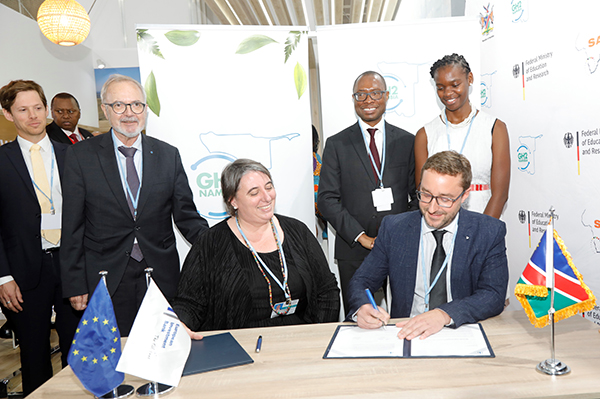Edward Mumbuu Jnr
The Electricity Control Board (ECB) is at an advanced stage of establishing middleman-like regional electricity distribution (REDs) companies for southern and central Namibia, its latest report shows.
This will mean residents of places like Windhoek or Keetmanshoop will no longer buy electricity from their municipalities but through the REDs, a practice that will see a dip in the revenues of the already struggling local authorities (LAs).
So far, ECB has finalised shareholder agreements, business plans, and the governance structure for the Southern RED (SORED).
Regarding the establishment of a Central RED, stakeholder engagements commenced in 2021 and will continue this year.
At present, Namibia already has three REDs in place: Cenored, Nored and Erongo RED.
A RED is a regional electricity distributing company tasked with supplying electricity to the residents in a specific region.
Windhoek’s opposition
“Once it is approved, it means the city is dead, electricity sales are the lifeblood of our city. Unless the government is going to subsidise Windhoek heavily, but with what money when even our line ministry’s budget was already cut?” said Windhoek deputy mayor Uaraa Uapingene when contacted about the latest developments.
Late last year, then Windhoek mayor Job Amupanda said: “What this will mean is that you will now pay more for electricity than you are [already] paying to the city. The city will be left with no choice but to increase your rates and taxes because the new company will have a huge effect on the cash flow of the city.”
ECB firmly red
However, ECB has over the years maintained its support for the REDs.
“Traditionally LAs have been using electricity sales for their daily cash flow needs and balancing any deficits on their budgets. The latter is no longer compatible with the policy of the government in view of the principle of cost-reflective electricity prices,” the ECB says.
It adds: “The financial needs of LAs and regional councils (RCs) to provide non-profitable services cannot be ignored and therefore the LA surcharge on electricity cannot be removed. Hence the ECB developed a methodology for calculating the LA surcharge over years, including extensive consultations with LAs and RCs.”
This position was reaffirmed by acting ECB CEO Pinehas Mutota.
“The creation of the REDs is a Cabinet decision and a government policy. It is within the energy policies. All stakeholders, including the City of Windhoek, have agreed to the establishment of these REDs at a summit in 2014. If there is new information that is coming, it is yet to reach us,” Mutota said when contacted for comment.
Performance
The ECB saw a dip in finances from N$93.7 million in 2020 to N$86.4 million in 2021 due to decreased economic activities.
On a positive note, ECB’s drop in profits means many Namibians have moved away from conventional electricity suppliers such as NamPower and generate their own electricity through methods such as solar panels, which is not subject to the ECB levy.
-Nampa


